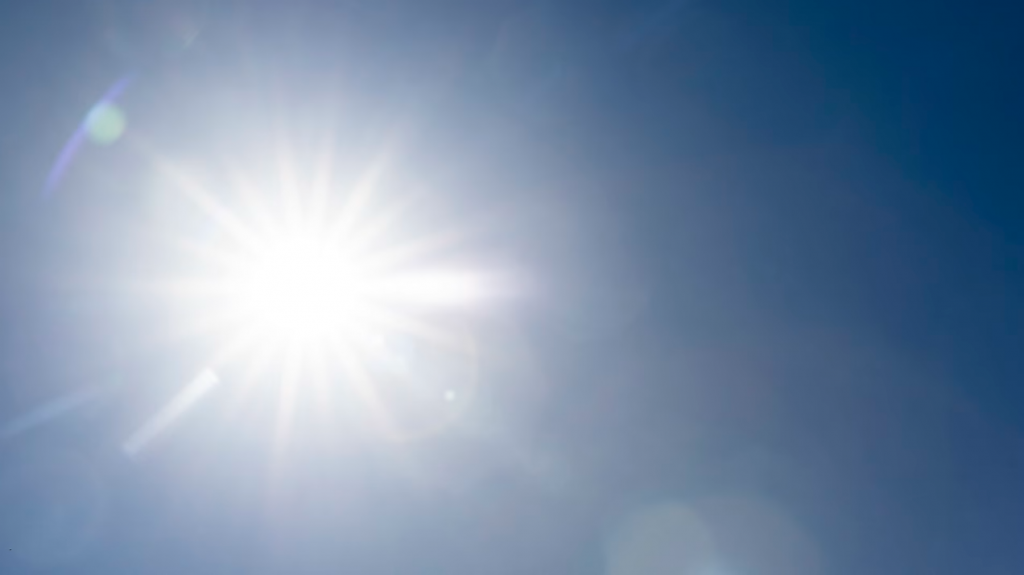Last summer in Lapland likely warmest in 2,000 years

A new study indicates that the summer of 2024 in Finnish Lapland was not only the warmest on record, but also likely the warmest in two millennia.
Last summer in Lapland was the warmest on record, according to the Finnish Meteorological Institute (FMI).
The average temperature at the Tähtelä weather station in Sodankylä between June and August was 15.9 degrees Celsius. That broke the previous record, set in 1937, by 0.4 degrees.
In the northernmost region of Finland, a record-high number of 25 hot days with maximum temperatures exceeding 25C were observed in Utsjoki during the summer season, with persistent hot weather contributing to the ignition of numerous forest fires in Lapland.
According to a study published on Saturday in the journal Climate & Atmospheric Science, 2024 was not only the warmest summer in recorded history, but it was also very likely the warmest in the last 2,000 years.
Pine tree rings examined
Researchers reconstructed summer mean temperatures in northern Fennoscandia over the past two millennia based on studies of annual pine tree rings.
“The annual tree growth rings are dated to the nearest year and correlate strongly with measured June-August temperatures,” explains one of the authors of the study, Samuli Helama.
The authors say that their findings highlight the impact of climate change on contemporary heat extremes in the region.
The climate in the Nordic region is warming considerably faster than the rest of the world, according to data reviewed early this year by the Finnish Meteorological Institute.
Temperatures in Finland were last year on average 3.4 degrees warmer than in the pre-industrial era, and nationwide 2024 was the fourth warmest year on record.
Related stories from around the North:
Canada: Study examines physical, social costs of thawing permafrost across Arctic regions, CBC News
Norway: Svalbard glacier once survived a warmer climate, The Independent Barents Observer
Russia: Melting permafrost may release industrial pollutants at Arctic sites: study, Eye on the Arctic
United States: 30–50% of critical northern infrastructure could be at high risk by 2050 due to warming, says study, Eye on the Arctic



